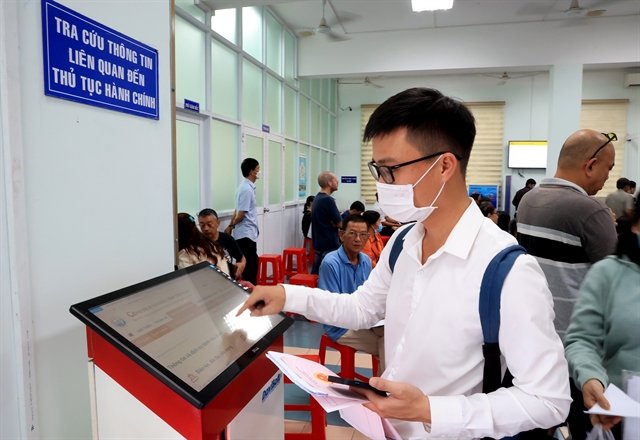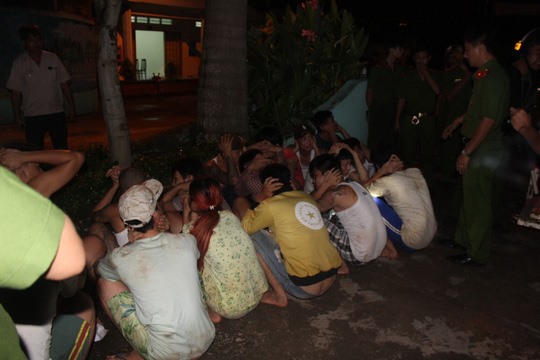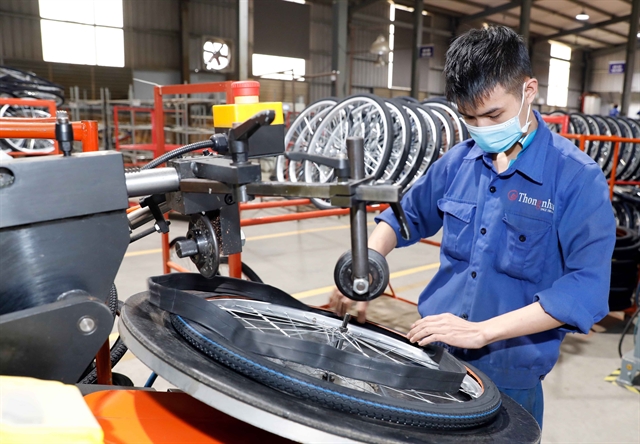 Society
Society

" />
Labour departments in provinces and cities will continue to work with local authorities to carry out community-based social evils prevention in an aim to eliminate sales of recreational drugs and prostitution in wards and communes.
 |
| Labour departments in provinces and cities will continue to work with local authorities to carry out community-based social evils prevention in an aim to eliminate sales of recreational drugs and prostitution in wards and communes. — Photo nld.com.vn |
HCM CITY — Labour departments in provinces and cities will continue to work with local authorities to carry out community-based social evils prevention in an aim to eliminate sales of recreational drugs and prostitution in wards and communes.
At a conference reviewing prevention activities over the last 10 years, Lê Minh Tấn, deputy head of the central Department of Prevention for Social Evils under the Ministry of Labour, Invalids and Social Affairs (MOLISA), said that prostitution and drug use and sales were becoming more prevalent in communes and wards throughout the country.
Some areas have been able to eliminate the activities, but prostitution and drug use had often re-emerged, he said.
A report by the MOLISA, which was released during a conference in Hà Nội yesterday, showed that 2,818 communes and nationwide have no drug abuse.
Meanwhile, 8,659 communes and wards have eradicated prostitution, and 3,556 communes, wards and towns successfully eliminate drug and prostitution, said the report.
Many drug addicts, about a third of the total in the country, voluntarily attended community-based rehabilitation programmes between 2006 and 2010.
Between 2011 and 2015, 23 provinces and cities set up 35 establishments for counselling, care and treatment for drug users. They also provided education and treatment to thousands of prostitutes from 2006 to 2010.
In the period from 2011 to 2015, 6,862 prostitutes received vocational training, jobs, and loans to develop businesses.
As of last year, interdisciplinary inspectors had carried out nearly 300,000 inspections among service establishments. They found that more than 89,400 establishments were providing prostitution.
Of the establishments, 2,452 were suspended and nearly 61,000 were fined a total of VNĐ232 billion (US$10.3 million).
More than 60,400 drug trading cases were discovered within this period. —VNS









